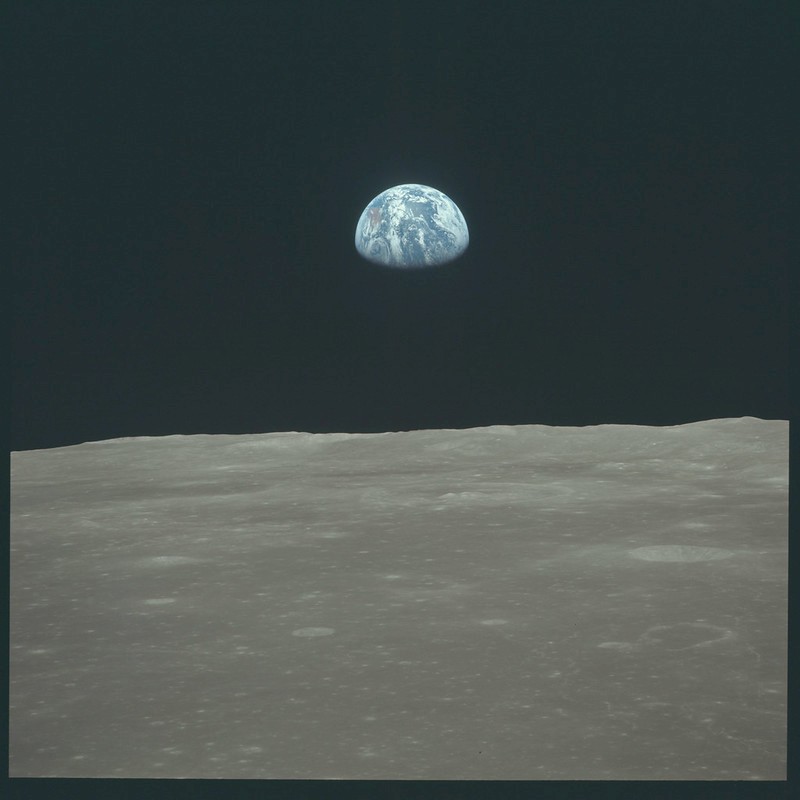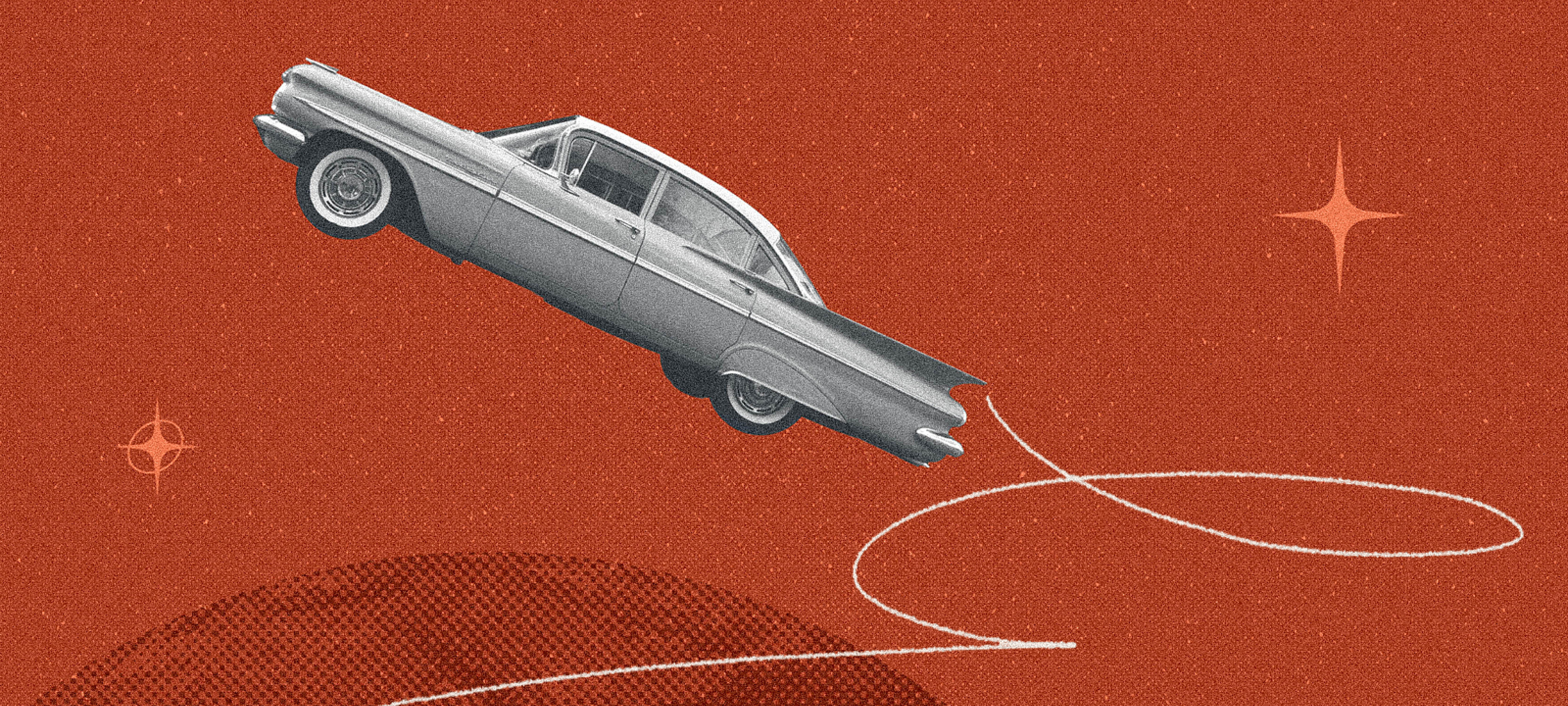Few people have gotten the literal long view of the world. The image below was shot during Apollo 11 in 1969. It’s a snapshot of what the entirety of our planet and the entirety of humanity looked like at the time. It’s a reminder to ask questions. What should the world look like in the future? In 5 years time? 50 years? 100 years?

These are questions we ask ourselves. And they're questions we ask our clients before we start any strategic and creative project. They’re simple questions with complex answers. These answers are critical for Nonfiction, for our clients, for our community, and for our planet.
The ideas we’re interested in can’t be made obsolete. They won’t go out of style or expire. It’s no longer enough to have big ideas. We must have long ideas. We believe tomorrow should be better than today. Here's what "better" means to us.
Signal vs. Noise
It’s hard to imagine a noisier time. Social media has risen to a dull roar. Every news story is at full DEFCON 2 level. Heck, we don't even all have the same "news" anymore. Everyone has something to say, and we're all saying it as loudly as possible, usually without thinking first.
The headline news can be informative. Social media can be useful. But here’s the thing: in a world where everyone competes to be the loudest, no one stands out. When we imagine what’s next for the world, we think about a world with less noise and more signal.
Now, the irony of writing this on a blog and asking people to read it isn't lost on us. But signal is about talking less and saying more. It’s about putting more meaning into what goes out to the world. It’s about breaking the cycle of the "attention economy" and realizing the our attention is as valuable as our time and money. Every brand and organization is now competing for attention. Let's make it worthwhile for those that listen.
Simpler and Smarter
There’s no question that we need smart people and smart ideas. They solve problems and drive the world forward. Being smart is not just about creating better solutions. It’s about asking better questions. Otherwise, we end up creating smart solutions to the wrong problems.
But let’s not forget about simple. Simple stands the test of time. Simple is easier to use, easier to understand, and reduces things to their essentials to cut through the noise. Making things simple can be complicated, but it’s always the best approach in the long run.
Simplicity is a way of thinking. It's a filter for how we see the world. What is the essential element of what we're trying to do, say, or create? And what can we strip away to reveal that essential element as clearly as possible?
Sustainable for All
Sustainability is on the tip of everyone’s tongue right now. Individuals are trying to reduce waste and buy more ethical goods. Companies are appointing CSOs and trying to set emissions goals. These are all good things, if done correctly and with the right intentions.
Our definition of sustainability is broader than that. Sustainable is what’s best for our planet, yes. But it’s also what’s best for people. It’s about consciously impacting the future so we all rise together. What good is a successful business if there’s no planet to enjoy and marvel at? What good is a vibrant planet if its people, all people, don’t have equal access the things we need to not only survive but to thrive?
